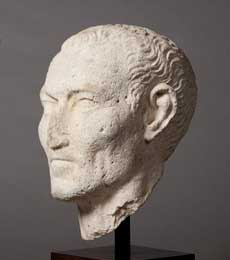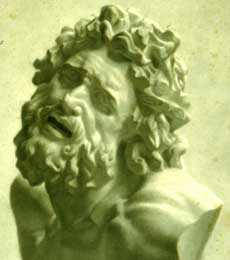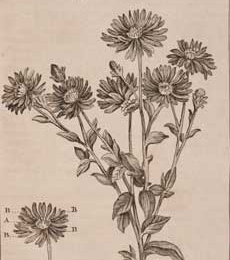
Virgil poetry - DA Kidd Collection
Virtue and Adversity
Adventure, passion, gruesome death, tragedy, and great triumph can all be found in the epic poems of the Aeneid and the Georgics, written by the Roman poet Virgil. 'Virtue and Adversity' explores the literature and art of Virgil through two rare editions of his poems. Check out UC's exhibition Virgil poetry in the DA Kidd Collection.
Adventure, passion, gruesome death, tragedy, and great triumph may all be found in the epic poems of the Aeneid and the Georgics, written by the Roman poet Virgil. Although these poems were originally written some 2000 years ago, they are still relevant to society today.
'Virtue and Adversity' explores the literature and art of Virgil through two rare editions of his poems. In 2013, the James Logie Memorial Collection was enriched by a generous donation of 12 rare classical texts belonging to the late Professor Douglas A. Kidd. The donation included a unique Middle Scots translation of the Aeneid published in 1610, and an edition of The Georgics from 1746.
In the Aeneid and the Georgics, Virgil discusses the theme of having a higher faith, and how this can be tested through tragedy and adversity. The poems show that Virgil believed good fortune for humanity will come if you follow a path of courage, a concept that is still held in the world today across several religions.
This exhibition takes an in-depth look at the theme of virtue and adversity in Virgil’s poetry. Two passages have been translated into modern English from each of these rare editions of Virgil’s poems. From them we are able to catch a rare glimpse inside Roman life, to better understand its art, mythology and literature.





